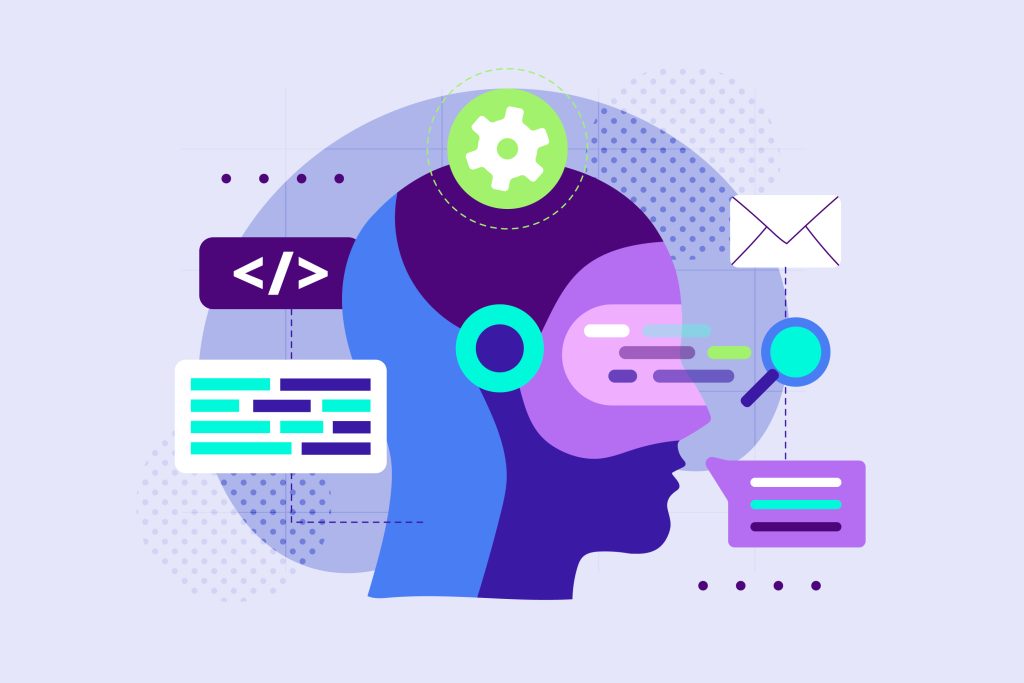
AI ethics has become a prevalent issue as Large Language Models (LLMs) like ChatGPT burst into the IT industry. While ethics in AI is complex, it has a broad platform many of the branches are based off of: the goal of AI creation and development should be to aid and be in line with human society and the environment. As society progresses toward an age of AI, people and businesses must be aware of the ethics surrounding revolutionary development. Here are some examples of ethical issues surrounding Large Language Models:
Bias and Trust
Due to the vast quantity and complexity of data they possess, LLMs produce responses and results that may be difficult to figure out where the content originated from. These AI models may carry subtle bias that is present in their responses. Other issues with the lack of straightforwardness regarding the results of these LLMs include privacy concerns and the lack of human knowledge about its processes.
Resource Consumption
Generative AI systems take a lot of power to operate on. Open AI’s GPT-3 used 1,287 megawatts and produced 552 metric tons of carbon dioxide emissions during its training – the equivalent of the amount emitted by 100 average homes’ annual electricity usage. While much of the ethical issues surrounding LLMs have been directly toward privacy concerns and other problems directly affecting humans, the environmental effects of AI must also be addressed – as it is a problem for the future.
Exclusivity
According to Oxford Insights, a consultancy firm that advises organizations and governments on matters relating to digital transformation, wealthier countries in the developed world have placed more priority on developing AI strategic plans for their nations compared to developing countries which may have more urgent issues to address. With this contrast could come economic disparity and further divides regarding technological advancements.


